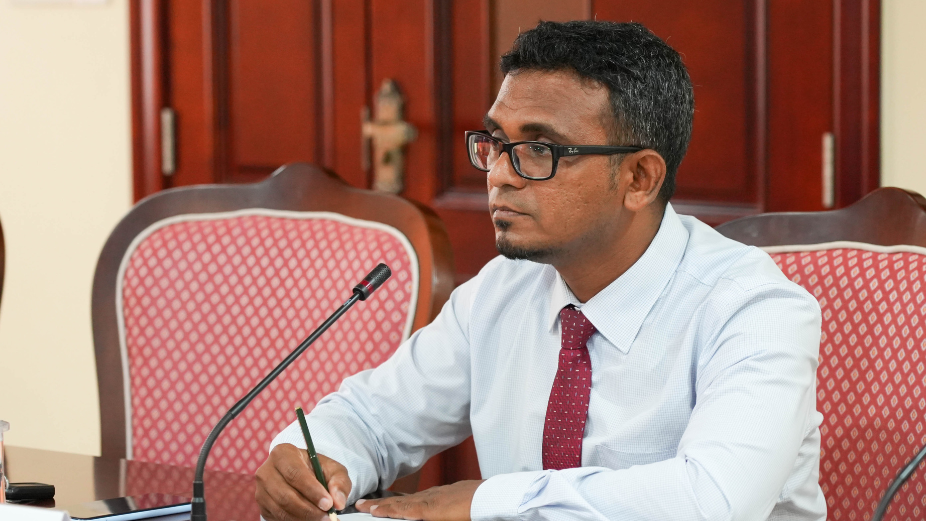
The Maldives Monetary Authority (MMA) has provided its perspective on the recent reversal of US dollar transaction limits by the Bank of Maldives (BML), stating that the original changes would not have had a beneficial long-term impact on residents and businesses.
In a statement, the MMA highlighted the ongoing issues related to managing foreign transactions with BML cards and noted that it has held multiple meetings with the bank in an effort to find a viable solution. The MMA pointed out that since the COVID-19 pandemic, the volume of foreign currency transactions via BML cards has seen a significant increase.
The MMA also noted that increased printing of Maldivian Rufiyaa (MVR) to manage government cash flow during the pandemic has resulted in higher surplus liquidity across the entire banking sector. As of the end of July, the average surplus liquidity in the banking system reached MVR 6.7 billion. The banking sector has utilised a significant portion of this surplus liquidity in the form of personal loans, with the total value of personal loans disbursed by banks rising from MVR 2.9 billion at the end of 2019 to MVR 6.6 billion by the end of June 2023. The MMA indicated that this increase in personal loans has contributed to the rise in foreign transactions made using bank cards.
Additionally, the MMA reported that it has been steadily increasing the supply of US dollars to banks over the years. By the end of 2022, the MMA had sold USD 267 million to banks, and this figure increased to USD 307 million by the end of 2023, with a substantial portion of this allocation directed towards BML.
The MMA also pointed out that other banks in the Maldives provide foreign transaction services through MVR debit cards, offering alternatives for residents. The authority emphasized that it would continue to prioritize banks that consider the needs of the public when determining the allocation of US dollars.
Furthermore, the MMA mentioned its ongoing efforts to address systemic issues within the financial sector by introducing modern solutions. These changes are expected to create a more favourable environment for foreign direct investment in the Maldives.












